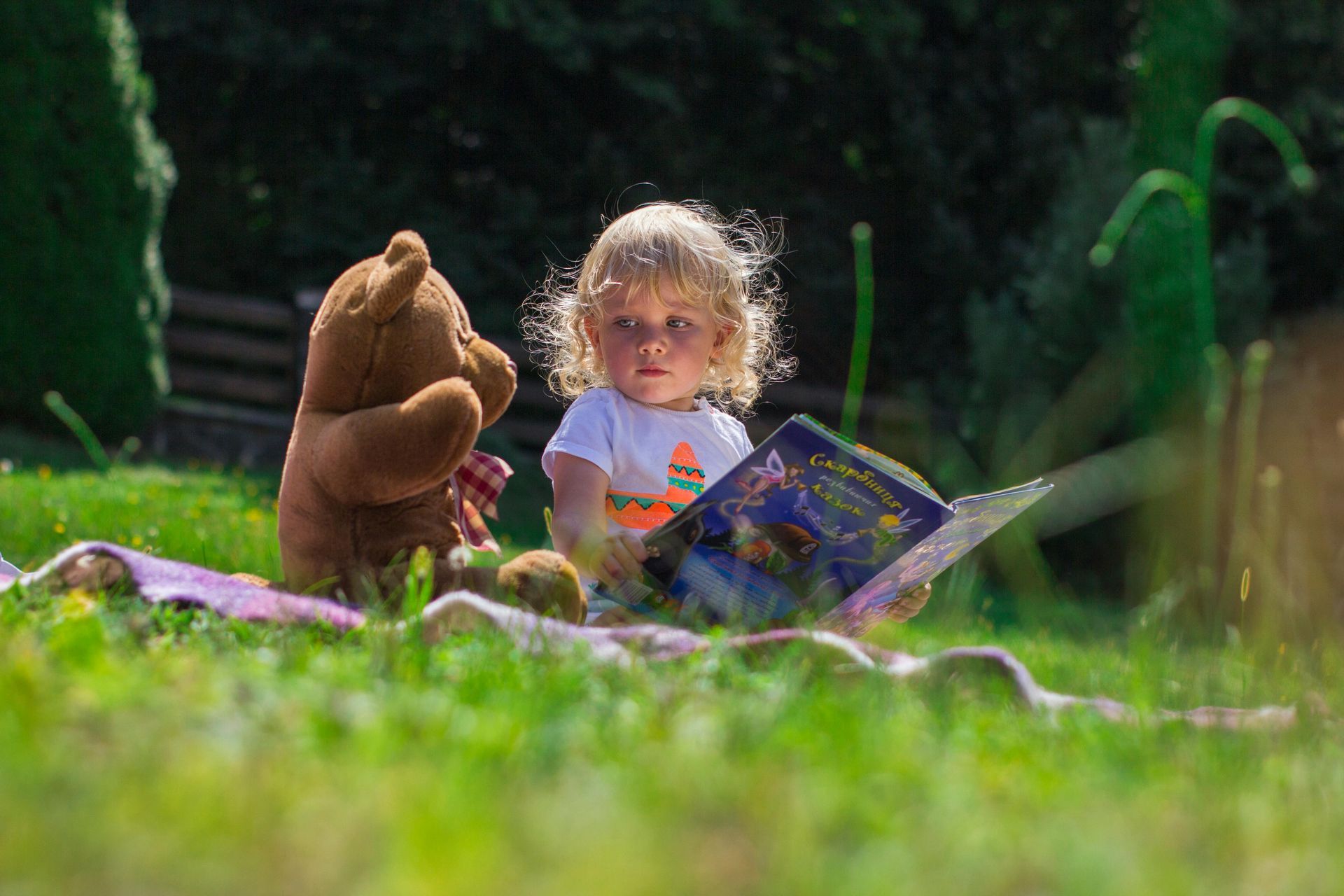Exploring Emotions: How The Mabel Books Help Children Express Their Feelings
In today's fast-paced and ever-changing world, the emotional well-being of our children has become a priority. With increasing awareness of the importance of emotional intelligence, parents and educators are seeking effective ways to support children in understanding and expressing their feelings. Enter the enchanting world of the Mabel book series, where author Allie Mary masterfully weaves together captivating stories that serve as a guiding light for children as they navigate the intricate landscape of emotions.
Embarking on Mabel's Emotional Journey
At the heart of the Mabel series lies a collection of heartwarming tales, each centered around Mabel, a miniature Dachshund, and her adventures through a myriad of emotions. From the jubilant highs of happiness to the somber depths of sadness, Mabel's journey mirrors the emotional rollercoaster that children often experience in their everyday lives. Through rich storytelling and relatable characters, children are invited to embark on an emotional journey of self-discovery alongside Mabel.
Creating a Safe Haven for
Emotional Expression
One of the defining features of the Mabel books is their ability to create a safe and nurturing space for children to explore and express their emotions freely. As young readers immerse themselves in Mabel's world, they learn that emotions are a natural and integral part of the human experience. Through Mabel's own experiences and interactions, children are reassured that it's okay to feel a wide range of emotions and that expressing these feelings is not only acceptable but encouraged.
Facilitating Meaningful Conversations
The Mabel books serve as powerful catalysts for meaningful conversations between children and their caregivers. By sharing these stories together, parents, teachers, and mentors can initiate open and honest dialogues about emotions in a gentle and non-intimidating manner. The relatable scenarios depicted in the books provide children with opportunities to articulate their own feelings and share their personal experiences. Through these discussions, children not only learn to express themselves more effectively but also develop crucial communication skills that will serve them well throughout their lives.
Fostering Empathy and Understanding
Another invaluable aspect of the Mabel series is its emphasis on empathy and understanding. As children witness Mabel's interactions with her friends and family, they learn to recognise and empathise with the feelings of others. By stepping into Mabel's paws, young readers gain valuable insights into the perspectives and emotions of those around them. This heightened sense of empathy cultivates compassion and kindness, essential qualities for building strong and meaningful relationships
Empowering Children with Emotional Resilience
Ultimately, the Mabel books empower children with the emotional resilience they need to navigate life's inevitable challenges. Through Mabel's courageous spirit and unwavering determination, children learn that they possess the strength and resilience to overcome adversity. Whether it's finding their happy, confronting their worries, or lending a helping paw to a friend in need, children discover that they are capable of weathering life's storms with grace and resilience.
In conclusion, the Mabel book series is more than just a collection of stories; it's a treasure trove of wisdom and guidance for children embarking on their emotional journey. Through Mabel's endearing adventures, children learn to understand, express, and embrace their feelings with confidence and compassion. As parents, educators, and caregivers, let us embrace the transformative power of these stories to nurture the emotional well-being of our young readers and empower them to thrive in a world filled with emotions.

Design & Build by Kangaroo UK









